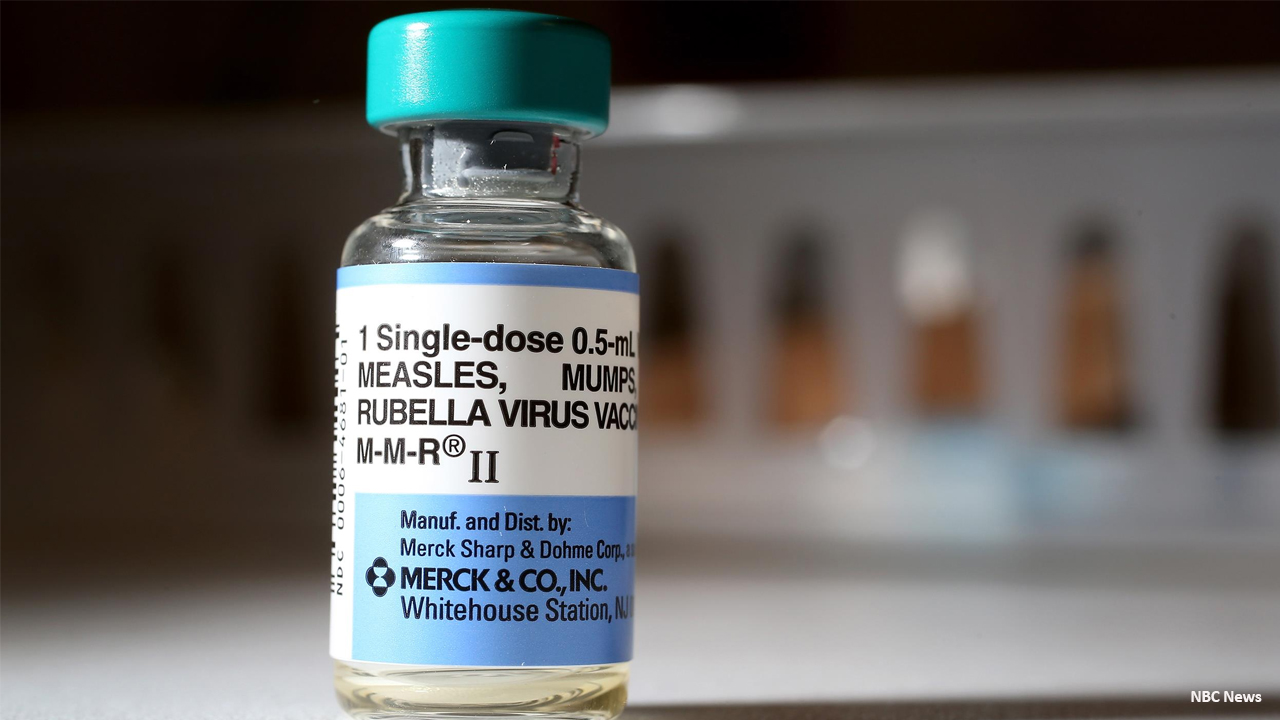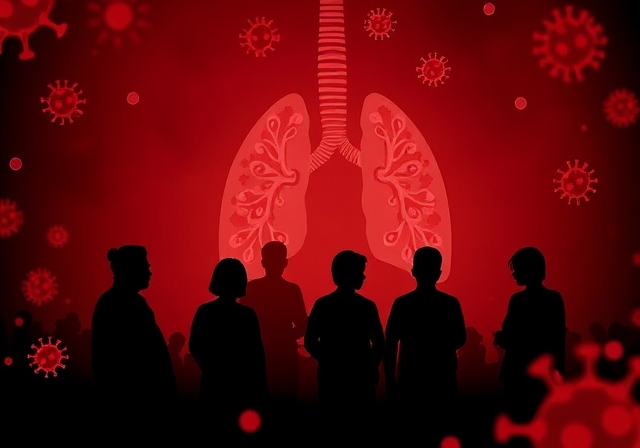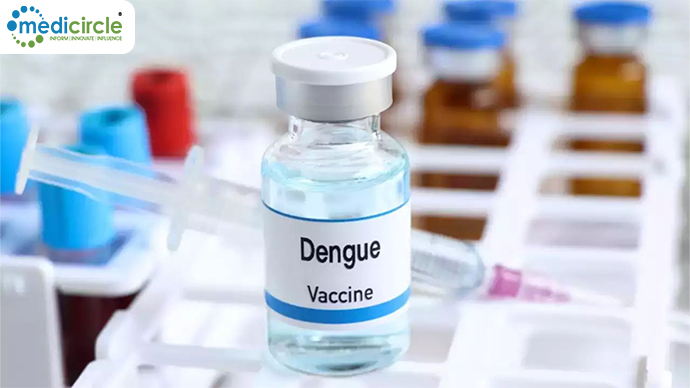Publicly available data on the progression of the COVID-19 pandemic, caused by the SARS-CoV-2 virus, indicates that the number of infections in India peaked sometime in September 2020, and has been consistently declining ever since. From a maximum of 97,655 daily new cases on September 11, 2020, the daily new case count is 11,924 by first week in February 2021, with half of it from Kerala. According to the projections of the COVID-19 National Supermodel Committee set up by the Department of Science and Technology, the number of active cases will drop to the low tens of thousands by the end of March.
All this connotes only the end of the first phase of our fight against the virus. It is crucial to ensure that the number of cases does not start increasing again, as it has in many countries such as Italy, the UK, and the USA. According to both serological surveys as well as model predictions, a substantial fraction of India’s population currently has immunity against the virus, coupled perhaps with some natural form of immunity. Although the current evidence is suggestive of long lasting immune memory, the immunity afforded by the presence of antibodies might be expected to last for only several months and not longer, while T-cell mediated immunity might last longer. The most reliable longer-term protection is, however, provided through vaccination. It has been suggested recently that vaccination offers much stronger immune response than natural infection, and therefore is the key to controlling the spread of the disease. While this issue has not yet been settled decisively, some medical researchers are of the opinion that the presence of antibodies (caused by a previous infection) offers less protection against reinfection from a mutation of the virus, compared to vaccination. Hence, it is imperative that the nationwide vaccination program be completed as early as possible with the approved vaccines. Interestingly, the breadth of antibody response generated by a killed virus vaccine is likely to offer greater protection against mutated viruses, compared to vaccines that generate antibodies against the spike protein.
In the context of the need for nationwide vaccination, we are happy that the regulatory authorities in India have given approval to two vaccines, one of them (Covishield) unconditionally and the other (Covaxin) in the clinical trial mode. Both vaccines have satisfied the expert committees as to safety and immunogenicity requirements. We wait for the Phase III data on Covaxin to become available so that its efficacy can be assessed.
The requirement that any vaccine must have 50% efficacy before it can be approved for emergency approval comes from the WHO. Even at 40% efficacy, a vaccine affords some protection, and even at 80% efficacy, some vaccine recipients would still be left unprotected. Therefore, we trust the regulatory authorities to take an informed decision, and not be bound by this arbitrary guideline. A corollary to the above is that, even if everyone in the target population is vaccinated (basically, everyone over the age of 18), it is imperative for the public to continue observing safety protocols.
While there have been thousands of mutations observed in the SARS-CoV-2 virus to date, the so-called UK variant is the first one to have demonstrated increased transmissibility, and perhaps, greater lethality after infection. The world has thus far been fortunate in this regard. However, the longer the virus is allowed to spread among an unprotected public, the greater the opportunities for the virus to mutate into a more virulent form. This is all the more reason to start vaccinations with all available resources. In this connection, it is heartening that a preprint deposited in Biorxiv suggests that Covaxin is effective against the UK variant. We quote: “A comparable neutralization activity of sera of the vaccinated individuals shown against UK-variant and the heterologous strain with similar efficiency, dispel the uncertainty of possible neutralization escape.”
The above line of reasoning suggests that we must stop the virus spreading and mutating and for that it is not enough that everyone in India only are vaccinated. In order to see an end to the pandemic, it is essential for the rest of the world also to be vaccinated as quickly as possible. India is well-poised to meet not just its own vaccine requirements, but also that of the world at large, in this critical area. It also suggests that India’s “vaccine diplomacy” of being the supplier of choice for the world’s vaccine demands is well-placed and offers hope for the global community.

 Rapid vaccination can only stop the spreading & mutating of the virus: experts say
Rapid vaccination can only stop the spreading & mutating of the virus: experts say









.png)
.png)
.jpg)








.jpeg)

.jpeg)










.jpg)




.jpg)

